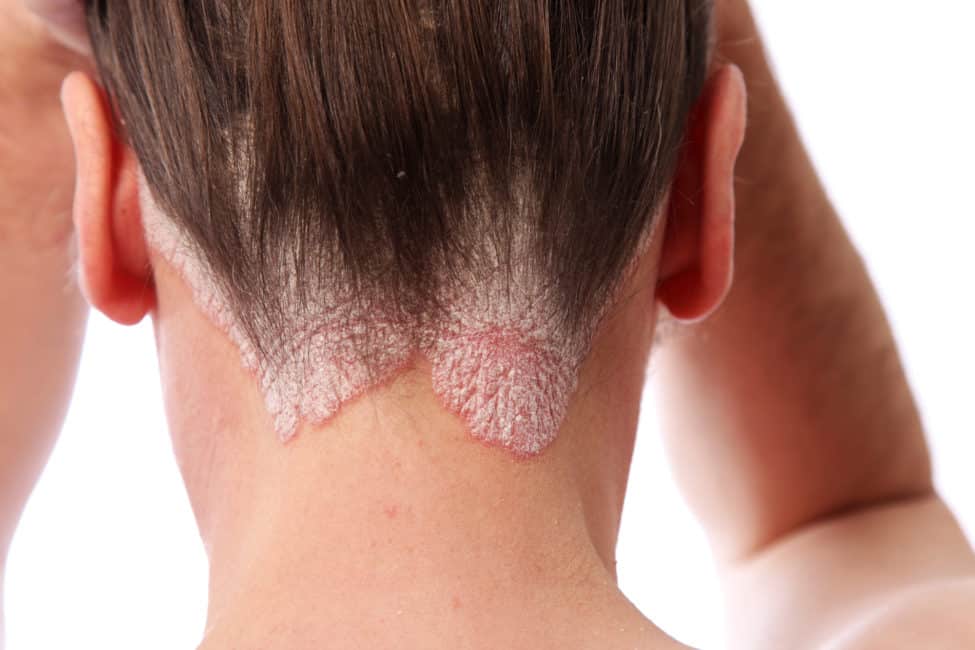Symptoms of Psoriasis

Psoriasis can cause a wide range of symptoms that mainly affect the skin. While there’s no cure for this condition, there are ways to manage it. Find out more about symptoms of psoriasis, so you can determine if you might have this condition.
What Are the First Signs of Psoriasis?
Psoriasis causes different symptoms depending on the type you have. In general, this condition usually begins with skin changes, such as reddish patches covered with scales. Over time, you might develop other symptoms or go through cycles where your symptoms flare-up.
What Does Psoriasis Look Like When It Starts?
When you have plaque psoriasis, which is one of the more common types of this skin condition, it usually starts with the appearance of reddish, dry skin patches. These skin patches are typically covered with scales that have a silvery appearance. You might have soreness or itchiness with these skin patches.
What Can Be Mistaken for Psoriasis?
Psoriasis can be mistaken for other types of skin problems, such as eczema, dry skin, fungal infections and rashes. It’s important to see a doctor for an accurate diagnosis if you have symptoms that might be psoriasis. A doctor can run tests to rule out other skin conditions and determine if you have psoriasis.
How Can You Detect Psoriasis?
Reddish patches of skin with scales and itchiness or soreness are among the most common signs of psoriasis. When you have this condition, you might also have dry, cracked skin, swelling in your joints and ridged nails or other nail problems. A doctor might be able to diagnose psoriasis by examining your skin. If needed, doctors can do a biopsy to determine the type of psoriasis you have or to rule other types of skin conditions.
How Do You Stop Psoriasis from Spreading?
You can stop psoriasis from spreading by following your doctor’s advice on managing this condition. This might mean using a topical treatment for mild symptoms or taking an oral medication for a more severe case. In some cases, light therapy might be used to treat psoriasis.
What Causes Sudden Onset of Psoriasis?
You might have a sudden onset of psoriasis if you encounter certain triggers that cause this skin condition to flare up, such as stress, infections or sun exposure. You can also get this condition suddenly if you have risk factors for it, such as a family history of psoriasis, obesity, smoking or infections.
What Happens if Psoriasis Goes Untreated?
If psoriasis goes untreated, your symptoms could become worse. Having this condition might also lower your quality of life due to stress. Keep in mind that having psoriasis increases your risk of high blood pressure, type 2 diabetes and other serious health problems.
Does Psoriasis Appear Suddenly?
Psoriasis can appear suddenly, depending on what triggers your flareups. You can develop this condition at any time in your life, such as during times of severe stress.
How Quickly Does Psoriasis Spread?
This differs from one person to the next. Psoriasis might spread more quickly if you are not managing it or if you keep being exposed to triggers.
What Causes Psoriasis to Get Worse?
Psoriasis can get worse if you don’t take care of your skin or if you have other health problems that weaken your immune system. Moisturizing your skin and managing underlying health conditions can help ease your symptoms.
If you have psoriasis and need treatment, please contact Short Hills Dermatology Consultants for an appointment.




